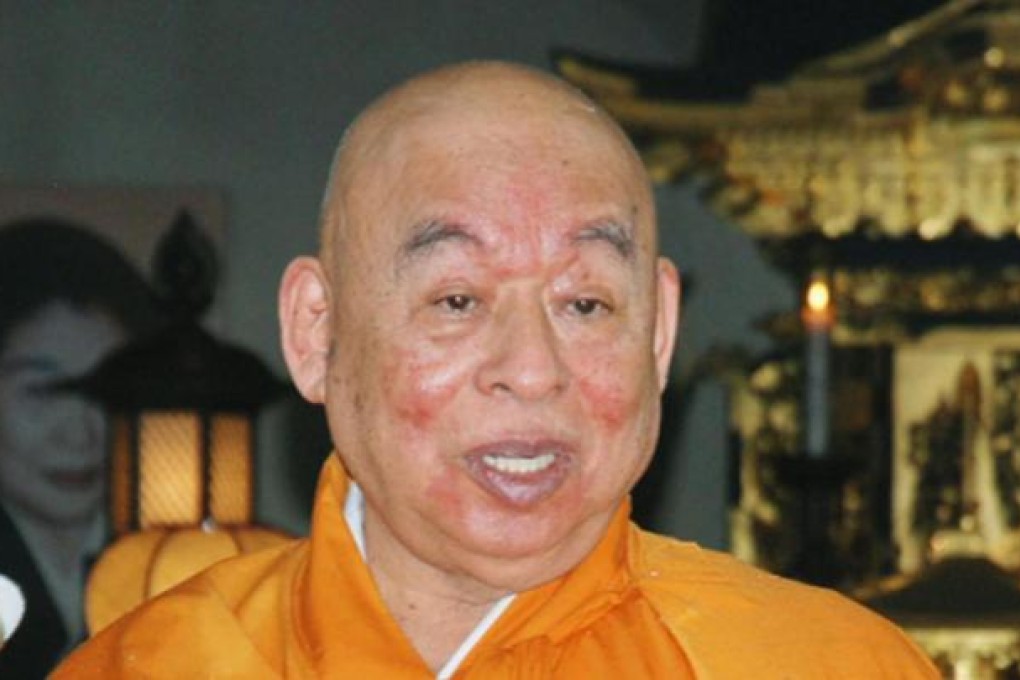Temple boss who bought Pyongyang's base in Tokyo has mob links
Buyer of Pyongyang's base in Tokyo has strong associations with Japan's biggest extremist group and criminal underworld, activists say

The religious group that bought the building used by the Chongryon organisation that represents North Korean residents of Japan allegedly has links to far-right groups and crime syndicates.
It is widely believed these groups are behind the importing and sale of amphetamines manufactured in North Korea.
Ekan Ikeguchi, head of the Kagoshima-based Saifuku Temple, agreed last month to pay 4.52 billion yen (HK$375.39 million) for the 10-storey building and the prime site it occupies in Chiyoda Ward, central Tokyo.
The winning bid was significantly higher than the 2.69 billion yen that the Tokyo District Court had estimated as the property's value.
The government-backed Resolution and Collection Corp sold off the building in an effort to recoup loans amounting to more than 62 billion yen that it had extended to the residents' association.
Ikeguchi announced immediately that the building would be leased back to Chongryon, which also acts as the diplomatic mission for North Korea in Japan.